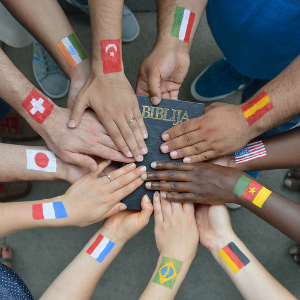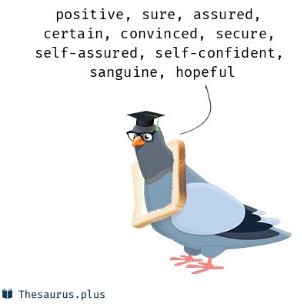
We Were All Foreigners
Lady Liberty looked on as the immigration officer stamped my great-grandfather’s passport at Ellis Island. He had sailed across the Atlantic Ocean from the Netherlands to New York. He ultimately settled in central Iowa. Other ancestors had immigrated before him and their reasons varied. Many simply wanted a better place to raise families. Others fled Europe to escape the atrocities of the Great World War.
The Dutch immigrants built homes, planted crops, started bakeries, and established churches. Frugal, yet tidy, their gardens bloomed with tulips from their European homeland. But their lives were not without struggle or prejudice. Not everyone welcomed them.
During the First World War (when the Allied Forces were fighting against the Central Powers of Germany, Austria-Hungary, and the Ottoman Empire), rumors spread that the Christian School in Sully, Iowa was teaching the Dutch language to students. The school received arson threats and, though the community guarded the school nightly, the arsonists achieved burning a section of the school. The specific reason for the hate crime is undocumented. Perhaps, because the Dutch language sounded so much like German, the arsonists feared the Dutch people were German sympathizers.
Nearly one hundred years have passed since that crime. Nowadays we have no fear of those who speak Dutch. “Times have changed,” we say. Or have they?
Consider for a moment if Jesus and his Galilean disciples were to visit your church, your town, or move into your neighborhood. Would you invite them into your home, into your life, into your church? Or—because of their dark features, thick accents, and uneducated Galilean status—would you judge them and turn them away? (John 1:46; Matt. 26:73)
How does God see men and women of different cultures?
- Genesis explains, “When God created humankind, he made them in the likeness of God” (Gen. 5:1). Humankind in general—not humans of a specific country or language—are made in the likeness of God.
- In Revelation a song is sung to the Lamb, “You are worthy to take the scroll and to open its seals because you were killed, and at the cost of your own blood you have purchased for God persons from every tribe, language, people, and nation.” (Rev. 5:9).
When you meet someone that does not look or speak like you, remember that—before knowing Christ—we were all foreigners:
Don’t forget that you Gentiles used to be outsiders. You were called “uncircumcised heathens” by the Jews… In those days you were living apart from Christ… You lived in this world without God and without hope. But now you have been united with Christ Jesus… So now you Gentiles are no longer strangers and foreigners. You are citizens along with all of God’s holy people. (Eph. 2:11–13, NLT)
A Time of Self-Examination:
- When you hear someone speaking a language other than English, what are your first thoughts?
- When you hear someone speaking English with an accent, do you unconsciously put him or her into a certain category in your mind? What are your underlying prejudices?
- Do all of your friends look and speak like you? Or do you attempt to form relationships outside of your own culture?
My husband is learning that the Dutch can be blunt and direct and respect of time equals respect of people. I am learning that Mexican culture often communicates in an indirect fashion and respect of relationships does not equate to respect of time. We have many differences, but are making conscious efforts to become multicultural, not just in relationship, but also in ministry.
Jesus told his disciples to “go and make disciples of all nations…” (Matt. 28:19). The nations are at our doorsteps. Unless we become multicultural ourselves, how can we minister to them?
Consider Taking These Multicultural First Steps:
- Visit a multicultural church service. Experience the beauty of worship in another language. (Many of these services have English translation.)
- Improve your multicultural understanding by reading the book, From Foreign to Familiar: A Guide to Understanding Hot- and Cold-Climate Cultures by Sarah A. Lanier. Discuss with a cross-cultural friend.
- Learn how to say typical polite phrases in another language, and then use them! (i.e. Hello, Goodbye, Please, Thank you, How are you?, Nice to see you, I am praying for you.) Small efforts cross major barriers.
- Form a Bible study group or discipleship group with a person or persons from another culture and then adapt the group to their culture, not your own.
Final Challenge: Let us take on the same attitude as the Apostle Paul, “I try to find common ground with everyone, doing everything I can to save some. I do everything to spread the Good News and share in its blessings.” (1 Cor. 9:22–23 NLT)
**This blog post was originally published on 4/11/16.
Source: Mathilde Schultz, Helen Macy, and Lucille Huyser, eds., Sully Centennial 1882-1982.
Photo courtesy of Lightstock.



